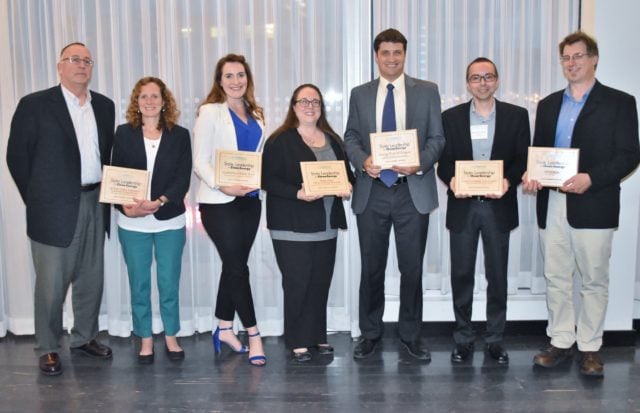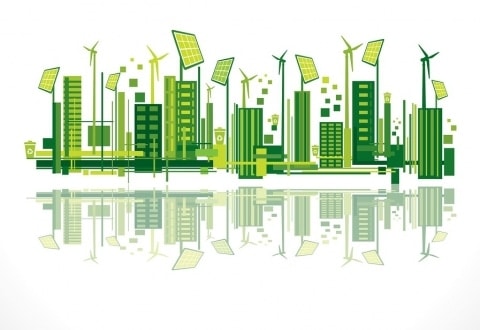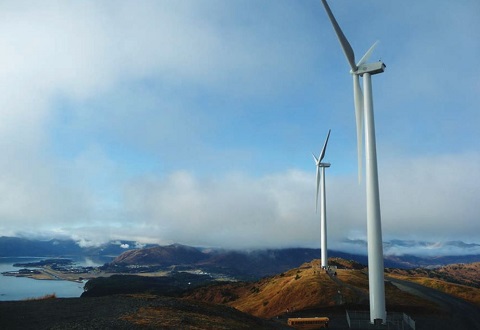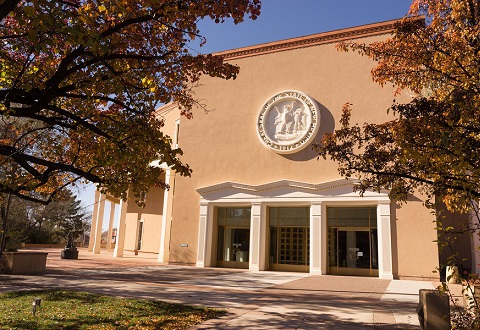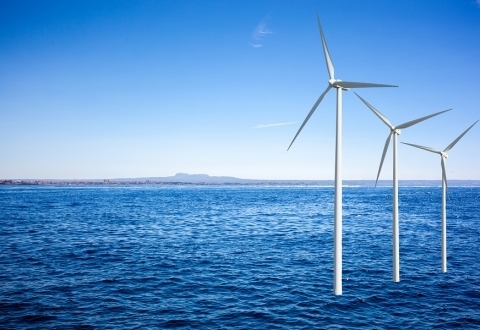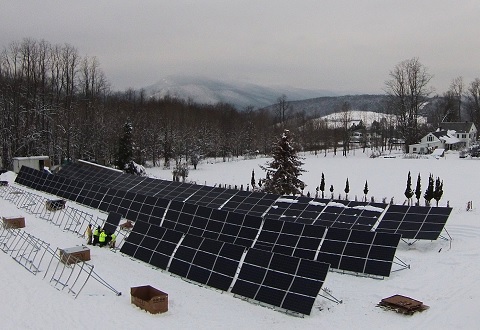CESA Blog
Reducing Peak Demand: Lessons from State Energy Storage Programs
States are increasingly adopting clean energy plans and climate goals, meaning our electric grids are more frequently fueled by variable renewables like solar PV and wind energy. While renewables are inexpensive and clean, they are not dispatchable without energy storage – in other words, they may not generate power at the right times to meet…
State Clean Energy Programs Honored for Efforts to Transform U.S. Markets
The Clean Energy States Alliance is pleased to announce the recipients of the 2016 State Leadership in Clean Energy Awards.
An Unexpected Renewable Energy Trend
Over the past three years, numerous news stories have highlighted efforts to roll back state renewable portfolio standards (RPSs), which require electricity suppliers to get an increasing share of their electricity from clean sources. However, most of the significant RPS actions that states have taken have been in the opposite direction.
States Support Clean Energy for Low-Income Residents
Clean energy innovations tend to follow a familiar arc. The newest best thing, whether that is rooftop solar, a Tesla PowerWall, or a Prius in the garage, is bought at a premium by first adopters.
Energy Storage Brings Resiliency to Eugene, OR
This week, Oregon became the latest state to fund an energy storage demonstration project that will use batteries and PV to power a resilient microgrid.
Massachusetts Gets Serious About Resilient Power
In the face of increasingly severe weather and power outages, more and more states are recognizing the importance of resilient power for communities and critical services.
Alaska Helps Remote Communities Shift to Renewables
Energy is a major concern in rural Alaska. Alaska is investing in renewable energy projects to provide remote communities with more secure and lower-cost energy.
New Hampshire Promotes Better Wood Heating
Wood is abundant in New Hampshire, but older wood stoves are frequently highly polluting and inefficient, and require significant fuel storage space. New Hampshire policymakers have therefore taken several steps so that residents can purchase new equipment using improved biomass heating technologies that address these issues.
New Mexico Attracts Jobs and Revenues with Renewable Energy Tax Credit
Over the past decade, New Mexico leaders have positioned the state as a major growth area for renewable energy by developing effective policies and programs, along with financial and other incentives, including a state-level renewable energy production tax credit.
Building a Regional Roadmap for Offshore Wind: Northeast States Receive DOE Award
The Department of Energy has awarded around a half-million dollars to New York, Maine, Rhode Island and Massachusetts state organizations to cooperate on scaling up the offshore wind industry in the region. CESA will help coordinate the interstate project.
Shedding Some Light on a Taxing Situation for Community-Shared Solar
As community-shared solar has proliferated, a growing number of states have adopted community solar-enabling laws. This is clearly good news for solar, but one issue that has been less clear is whether an individual owner of solar panels installed in an offsite, community- shared array qualifies for one of the primary carrots offered to homeowners adopting solar—the 30% federal residential investment tax credit called the “residential ITC.”
Browse by Project
- IRA & BIL Implementation
- 100% Clean Energy Collaborative
- Building Decarbonization and Clean Heating/Cooling
- Energy Storage Policy for States
- Energy Storage Technology Advancement Partnership
- Interstate Turbine Advisory Council
- Low- and Moderate-Income Clean Energy
- New England Solar Cost-Reduction Partnership
- Offshore Wind
- Renewable Portfolio Standards
- Scaling-Up Solar for Under-Resourced Communities
- Solar with Justice: Connecting States and Communities
- State Energy Strategies Project
- State Leadership in Clean Energy
- Sustainable Solar Education Project


